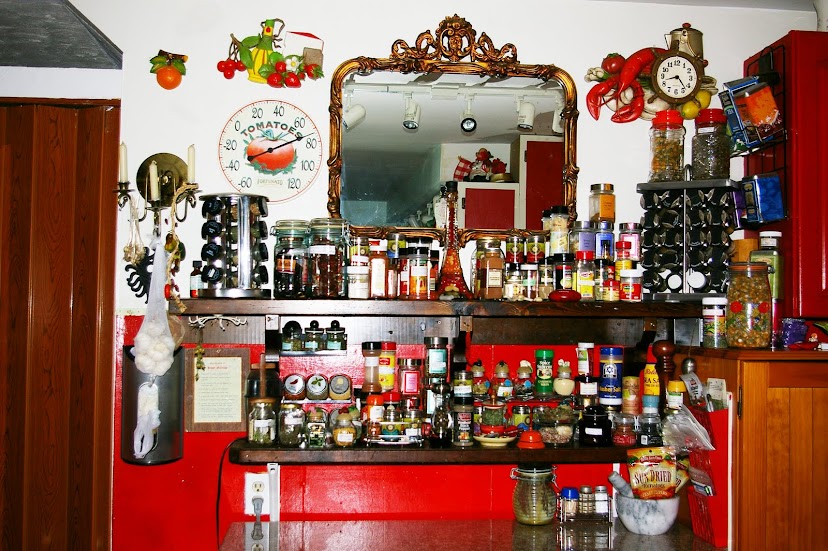Cheers! A glass of sparkling wine may be good for your heart and your brain. |
In one year alone, over 13 million cases of sparkling wines were sold in the United States, according to the Adams Beverage Group. Sixty percent of these were produced outside of France (which, of course, is home to Champagne, the only region in the world that can produce sparkling wine of the same name).
Whereas true champagne must come from Champagne, France, similar products come from across the globe, and are sold under such names as Cava (Spain's sparkling wine), Spumante (Italy's sparkling wine), or simply sparkling wine (in the United States).
Sparkling Wine May be Good for Your Heart
Cava, according to a study in the Journal of Nutrition, may reduce levels of substances in your body known to cause the buildup of arterial plaque. This, in turn, may reduce your risk of arterial disease.
Although the study was conducted on Cava, it may also extend to other varieties of sparkling wine.
Champagne May Protect Your Brain
Aside from potential heart protection, champagne appears to offer a protective benefit to your brain.
According to a study published in the Journal of Agricultural and Food Chemistry, champagne protects against brain injuries that occur during a stroke, Alzheimer's disease, Parkinson's disease and other illnesses.
In fact, in the study's sample that contained the highest concentration of sparkling wine, brain-cell function was completely restored.
The beneficial effect appears to stem from the sparkling wine's high concentration of polyphenols -- antioxidants that prevent cell death from oxidative stress. Though red wine does contain more polyphenols than sparkling wine, champagne contains certain types of beneficial phenolic compounds including tyrosol and caffeic acid.
These anti-inflammatory substances may help to regulate cells' response to injury while helping to clean up and remove dangerous chemicals from your body, researchers said.
The polyphenols in sparkling wine are also able to cross the blood-brain barrier and may therefore confer benefits to the entire central nervous system.
More is Not Always Better
And this certainly applies to alcohol. While a glass of sparkling wine or champagne here and there may be good for you, the whole bottle is not. Just how much can you drink and still get the potential health benefits? Well, everyone is different, but the U.S. Centers for Disease Control and Prevention says that moderate drinking -- one drink or less per day for women and two drinks or less per day for men -- can in fact have health benefits.
God Bless And Have A Safe New Years Eve!
Simone:)
Ask Me A Question?
Copyright@SimoneBonda
Disclaimer - The herbal information on this web site is intended for educational purposes only. It is not the intention of the editor to advise on health care. Please see a medical professional about any health concerns you have. Disclaimer - These statements have not been evaluated by the FDA. The information on this web site is not intended to prevent, diagnose, treat, or cure any disease.

No comments:
Post a Comment